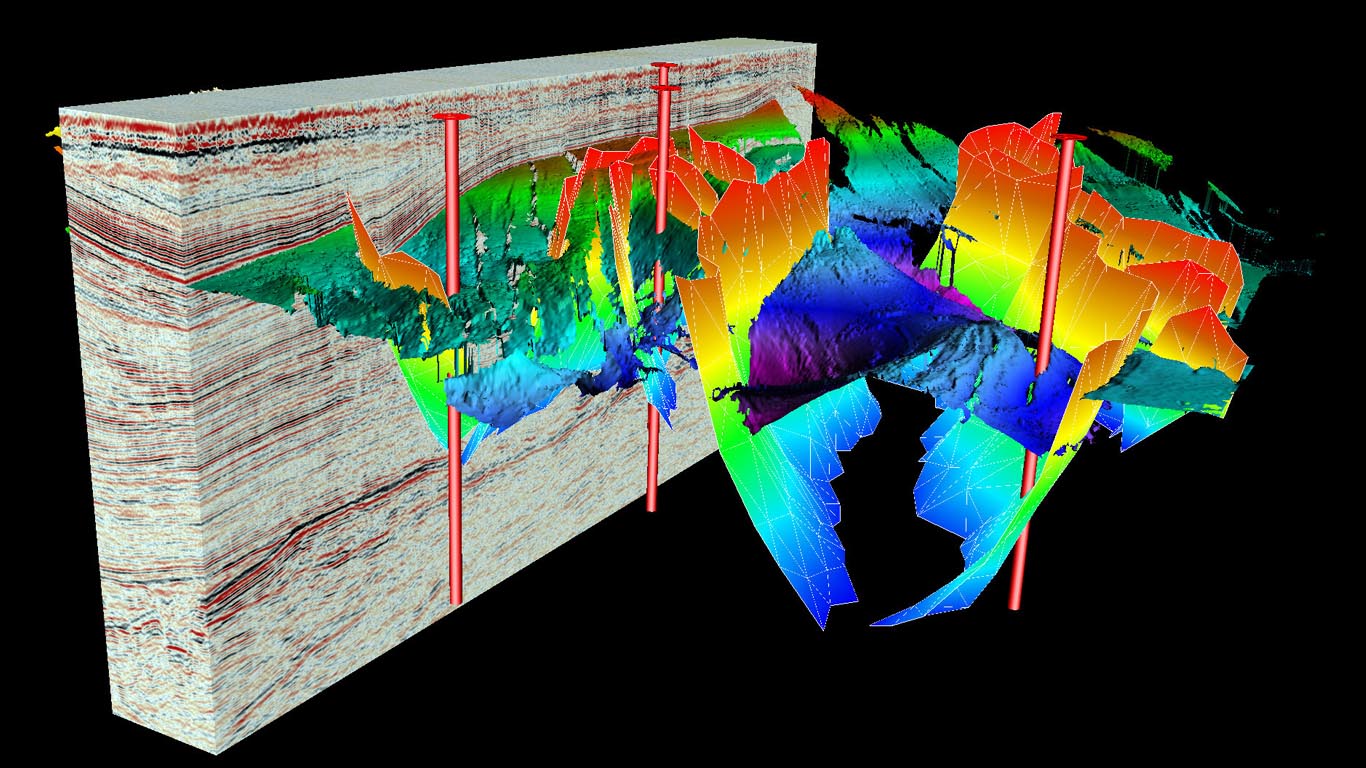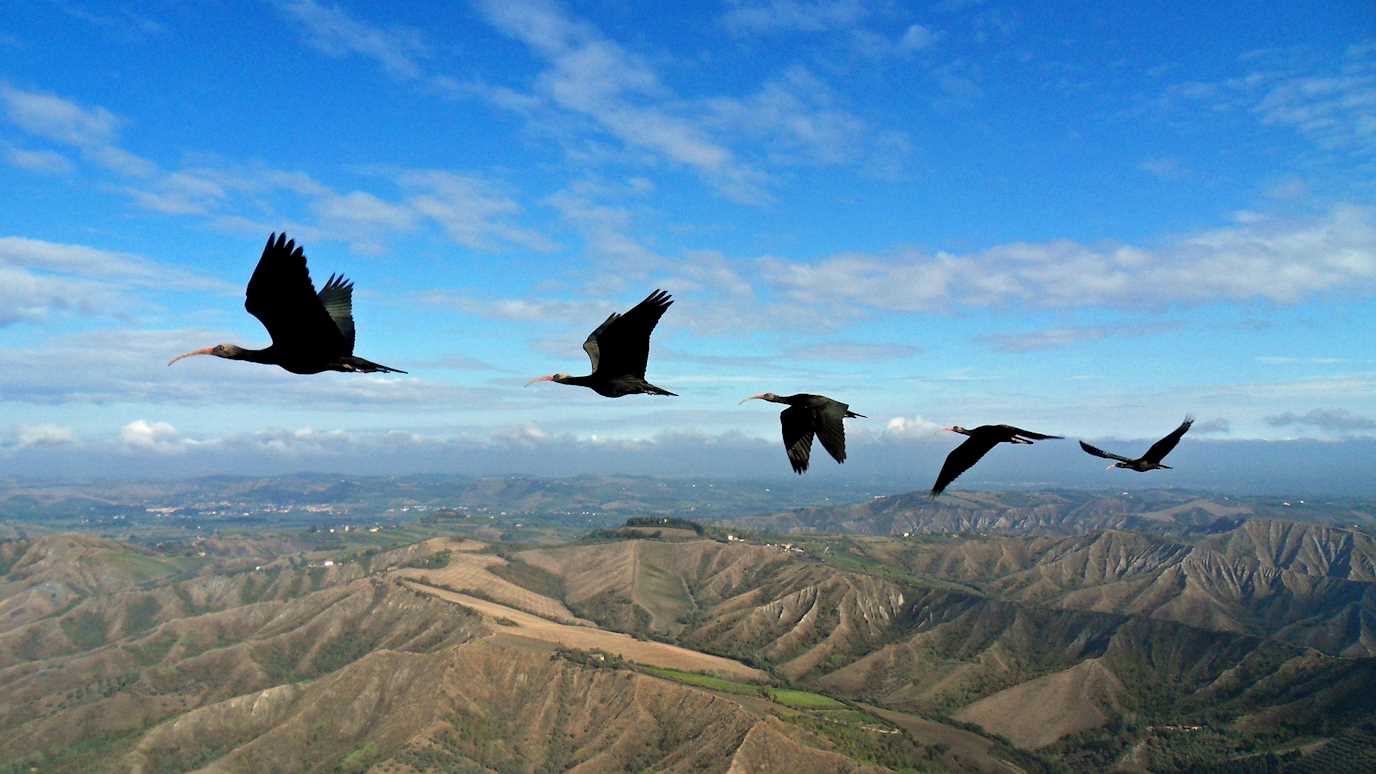Fire has shaped our Earth for over 400 million years. The increasing impact and scale of wildfire is of major concern even in the United Kingdom where surprisingly between 2009 and 2016 there were over 260,000 wildfire incidents in England alone. In 2018 the United Kingdom was the country in Europe with the 3rd largest area burned by wildfires.
Influencing public policy on wildfires and climate change
Professor Scott’s research on the occurrence and increasing significance of wildfire both today and through geological time has had significant implications for understanding the increasing environmental and societal effects of wildfire.
This research has strongly influenced policy reports by international governmental, inter-governmental and non-governmental organizations demonstrating that fire can have an impact upon climate change and vice versa. It has moved wildfire higher up the political agenda and data provided by the research has quantified the impact of wildfire on global radiative forcing and climate change.
Scott was a referee of the Parliamentary briefing paper on ‘Climate change and UK wildfire’ which cited his research seven times. His research provided the background for the paper and the key recommendations. Scott is also a member of the England and Wales Wildfire forum that provides policy advice for the UK government and land agencies.
Training and education in wildfires
Professor Scott’s research has had a profound impact upon the UK Fire and Rescue Service and the Forestry Service. This has resulted in changes in policies concerning fire suppression and how wildfire issues are explained by trainers dealing with a range of industries from the fire service to land managers. Until the publication of the Royal Holloway research there was little appreciation of how plants and landscapes evolved in a fiery world over millions of years and how this affects aspects of plant flammability and fire behaviour.
Shaping the new views of wildfire
Scott has been interviewed about his work by journalists and broadcasters from across the world, appearing in newspapers, journals, magazines and on television news programmes in the USA, Australia and UK. A 60-minute programme on wildfire recorded for ‘Science for the People’ was broadcast through 30 radio stations and the Radio Programme recorded on fire and climate change on the World Service had a global reach of 250 million and was also repeated on BBC Radio 4.
Scott’s research has featured on the knowledge platform for disaster risk reduction run by the United Nations Office for Disaster Risk Reduction (UNISDR) and in Kew Gardens State of the World’s plants 2017. His research is also being incorporated into new exhibition plans at the Museum of Science and Natural History in Japan, as well as cultural exhibitions in the USA.
The Royal Holloway research has been published in scholarly journals such as the Royal Society (The interaction of fire and mankind), in student text books (Fire on Earth – an introduction) and in popular science books (Burning Planet – the story of fire through time) written for the general reader (Fire – A Very Short Introduction) and in magazine articles and podcasts.























